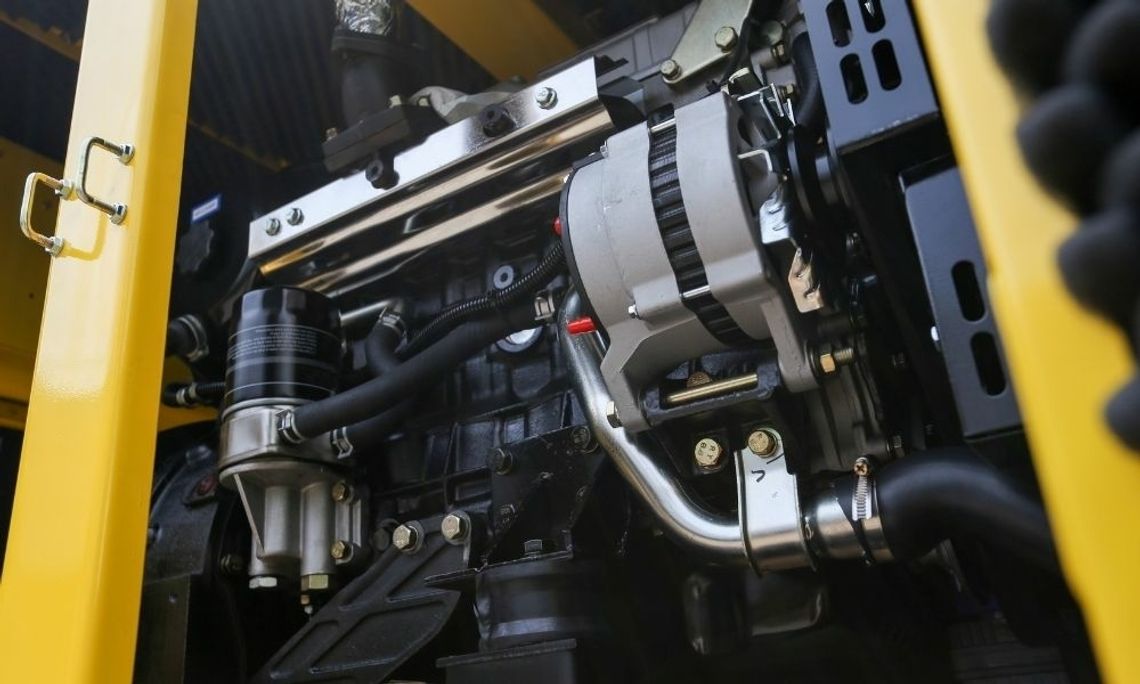Electricity powers almost everything we use. If there’s an emergency, you might need an external power source to generate electricity. When choosing the right generator to cover your needs, many factors come into play. These tips on what to consider for industrial power generators will save you time and money.
Power Needed
When choosing a generator, consider the power needed for the job and the job’s budget. As a general rule, you need a generator strong enough to power your machines if there is a blackout.
Location of the Generator
You should situate your generator in a place convenient for service, repairs, and especially fueling. It is essential to know how often your generator needs an inspection to avoid any problems and keep the performance at its best. These machines require a spot away from people for safety reasons. Areas like basements or rooftops are acceptable but must comply with safety regulations and accessibility.
Noise Regulations
Be aware that generators sometimes make loud noises. Check the decibel limit requirements in your area. Depending on the regulations, it might be wise to put your noisy generator in the warehouse. You may also need a generator with a diminishing sound enclosure. This is a standard product, so it should be easy to find.
Type of Fuel
Generators run on diesel, petrol, or gas. The right generator will provide the best service at your fuel budget. An essential element to consider for industrial power generators is fuel availability. There is no point in having a generator without the fuel to power it.
Transfer Switch
When there is a power outage, the generator needs to turn on by itself. Modern generators come with a transfer switch that will activate the power automatically. A manual transfer is also available, which will turn on the generator when you flip the switch. A manual control is only recommended if your generator can turn off momentarily without consequences to your business.


Comment
Comments